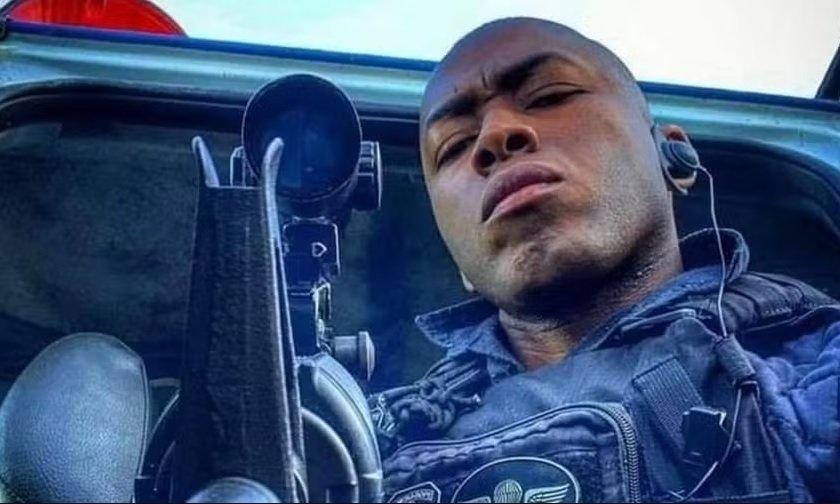A former Military Police officer from the Special Operations Battalion (BOPE) was arrested on Monday (24/03) during an operation conducted by the Rio Civil Police to curb the expansion of the Red Command (CV) in Rio’s West Zone. He is accused of providing armed training to criminals and maintaining ties with leaders of the Complexo da Penha gang in the North Zone. The former officer is also under investigation for money laundering through a security company allegedly used to facilitate illicit financial operations. His arrest marked the first phase of Operation Containment.
This Content Is Only For Subscribers
To unlock this content, subscribe to INTERLIRA Reports.
Other Crimes
In addition to his involvement in drug trafficking, Ronny Pessanha de Oliveira, known by the nickname “Caveira,” is accused of using violence to control real estate developments in the Muzema and Rio das Pedras favelas, located in the West Zone. He is also believed to have operated in the Cruzada São Sebastião and Vidigal communities in the South Zone. Police allege that he used heavy firearms to forcibly evict residents and seize properties. He was previously expelled from the Military Police.
Operation Containment
The Robbery and Theft Division (DRF), supported by district police stations under the General Department of the Capital Police (DGPC) and units from the General Department of Specialized Police (DGPE), executed 22 search warrants. Agents conducted operations across several West Zone neighborhoods, including Muzema, Tijuquinha, Morro do Banco, and Sítio do Pai João. Operation Containment targets key figures responsible for managing criminal activities in the West Zone, aiming to disrupt the flow of drugs, weapons, and money sustaining the Red Command (CV).
Blocked Money
A court ordered the freezing of R$5 million moved in less than a year through two companies owned by former BOPE officer Ronny Pessanha de Oliveira. Authorities suspect that the companies—one in the security sector and the other in real estate—were used to launder money from their involvement in drug trafficking. In addition to R$3 million from Ronny’s companies, the court also froze R$2 million moved by his mother and business partner, Elaine da Silva Pessanha. Search and seizure warrant also target luxury vehicles registered under their names.
Previous Problems with the Law
Ronny Pessanha de Oliveira was expelled from the Military Police after his most recent arrest in March 2024, when he was caught carrying a revolver in a Mercedes-Benz and later released on bail. He had previously been accused of extorting R$50,000 and coercing a woman into transferring ownership of four apartments in Rio das Pedras. He was also indicted by the Rio Public Prosecutor’s Office for involvement with the Rio das Pedras militia. In 2020, he was linked to a criminal group led by Taylon de Alcântara Pereira Barbosa, who is currently imprisoned. Throughout his career, Pessanha served at the 9th BPM (Rocha Miranda), BOPE, and the 41st BPM (Irajá) before being expelled in September 2023 following internal disciplinary proceedings.
Analysis:
The arrest of former BOPE officer Ronny Pessanha de Oliveira highlights the complex relationship between law enforcement personnel and organized crime in Rio de Janeiro. His involvement in training Red Command (CV) members and facilitating money laundering through security and real estate businesses underscores the adaptability of criminal networks in incorporating state agents into their operations. This case is not an isolated incident but rather part of a broader trend in which individuals with tactical expertise and institutional knowledge leverage their skills for illicit activities.
The expansion of CV into traditionally militia-dominated areas like Rio das Pedras and Muzema signals an ongoing shift in territorial control dynamics in the West Zone. The use of heavy weaponry and coercion to seize properties aligns with the well-documented pattern of organized crime infiltrating real estate markets, often leading to increased violence and forced displacement of residents.
Ultimately, this case underscores the challenges of addressing corruption within security forces and preventing criminal infiltration into the legal economy. Strengthening internal controls within police institutions and improving oversight mechanisms for private security firms remain essential to mitigating such risks in the future.




